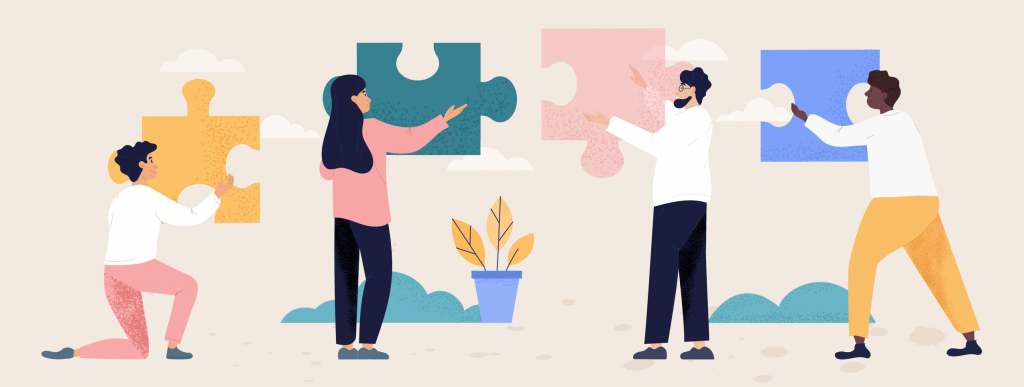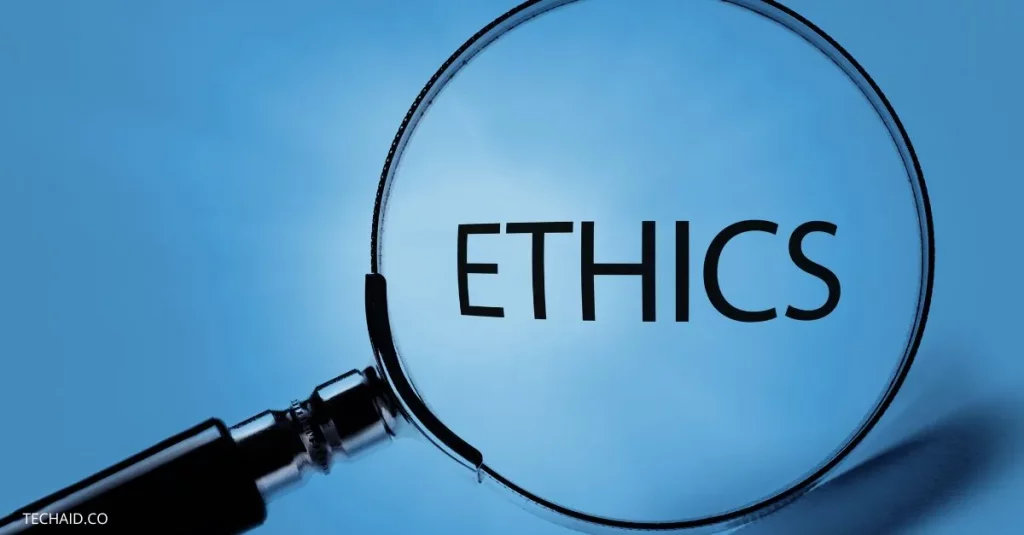As a software tester, I’ve learned that our role extends beyond finding bugs. We are a crucial part of the development team, and our ability to engage positively with developers can significantly impact the success of a project. My journey from isolation to collaboration has taught me invaluable lessons that I hope will inspire and guide you in your own experiences.
The Thrill of the Hunt
When I first started as a software tester, I was driven by the thrill of the hunt. Each bug I found was a victory, a testament to my skills and diligence. I reveled in these victories, proudly presenting each bug to the developers as a trophy of my prowess. However, my competitive approach created a rift between me and the developers. I was so focused on finding faults that I failed to see the impact of my actions on the team, isolating myself and fostering an adversarial relationship where there should have been collaboration and mutual respect.
A Turning Point
The realization hit me hard. I found myself at the bottom of a pit I had dug with my own hands, surrounded by the resentment and mistrust of my colleagues. It was a bitter pill to swallow, but it was also a turning point. I realized that if I wanted to make a real impact on the success of our projects, I needed to change my approach.
3 Strategies to Improve Collaboration and Engagement
1. Compassion
Compassion became my new guiding principle. As highlighted by Compassionate Coding, software is built by, with, and for human beings. I started to approach my role with empathy, understanding that each bug was not a personal failure but an opportunity for improvement. This shift in perspective transformed my interactions with the developers, turning confrontation into collaboration.
2. Relationship Building
Building strong relationships with the developers was another crucial step. I made an effort to understand their perspectives, appreciate their challenges, and provide constructive, supportive feedback. These efforts paid off, leading to increased collaboration and productivity. Interestingly enough, a study by the Project Management Institute emphasizes that relationship building is key to success, especially in a field as complex and customer-driven as software development. So, this was just a logical step to take for me.
3. Celebrating Achievements
Finally, I learned the power of celebrating achievements. According to Mind Tools, celebrating achievements can boost confidence and increase motivation. I made it a point to recognize the hard work and accomplishments of the dev team and celebrate our collective successes. This not only boosted morale but also fostered a sense of shared ownership and pride in our work.
Conclusion: The Journey to Effective Collaboration
My journey from isolation to collaboration was not easy, but it was profoundly rewarding. I went from being the odd member out to an integral part of the team. Compassion, relationship building, and celebrating achievements are not just nice-to-haves; they are essential for a successful, collaborative team.
Join the Journey
Remember, if you aspire to be an advocate for quality, you’ll need an attentive audience to whom you can convey your insights. However, gaining such an audience can be challenging if you find yourself on the periphery, looking in. If you’re a software tester struggling to engage with your dev team, I encourage you to try these strategies. Be compassionate, build relationships, and celebrate achievements. It may not be easy, and it may take time, but the impact on your team and your work will be worth it.
If you are looking for new opportunities, feel free to check out our careers page.






